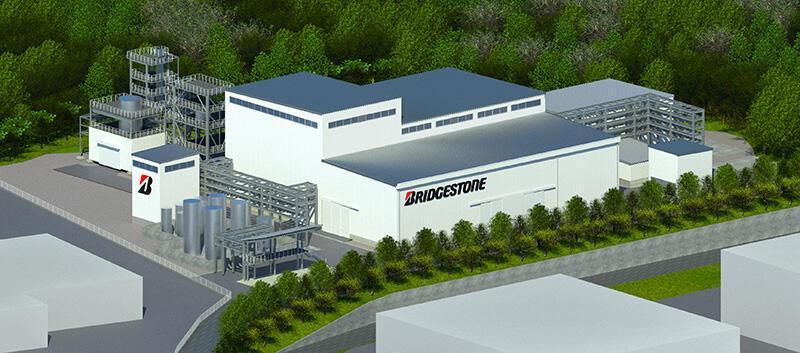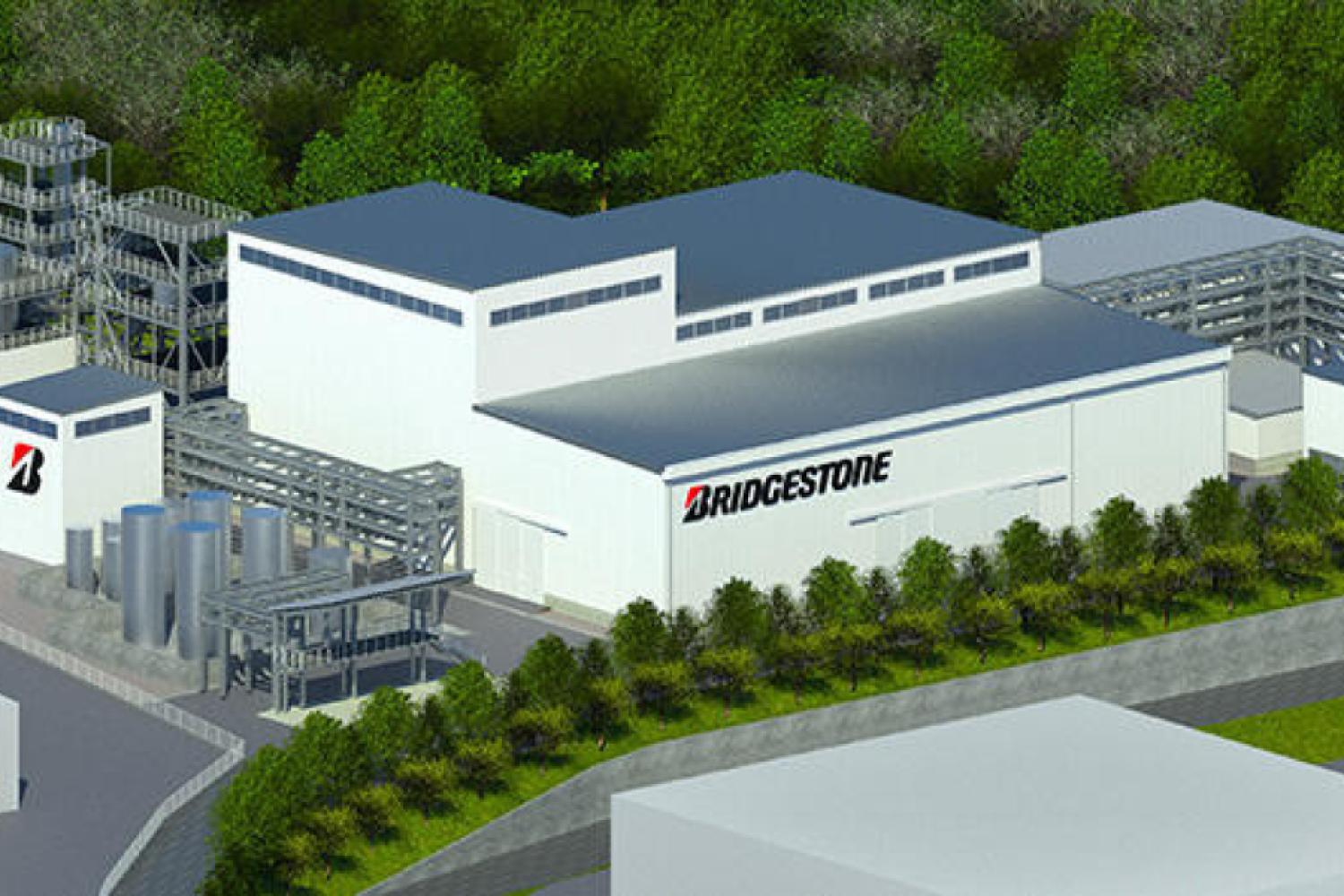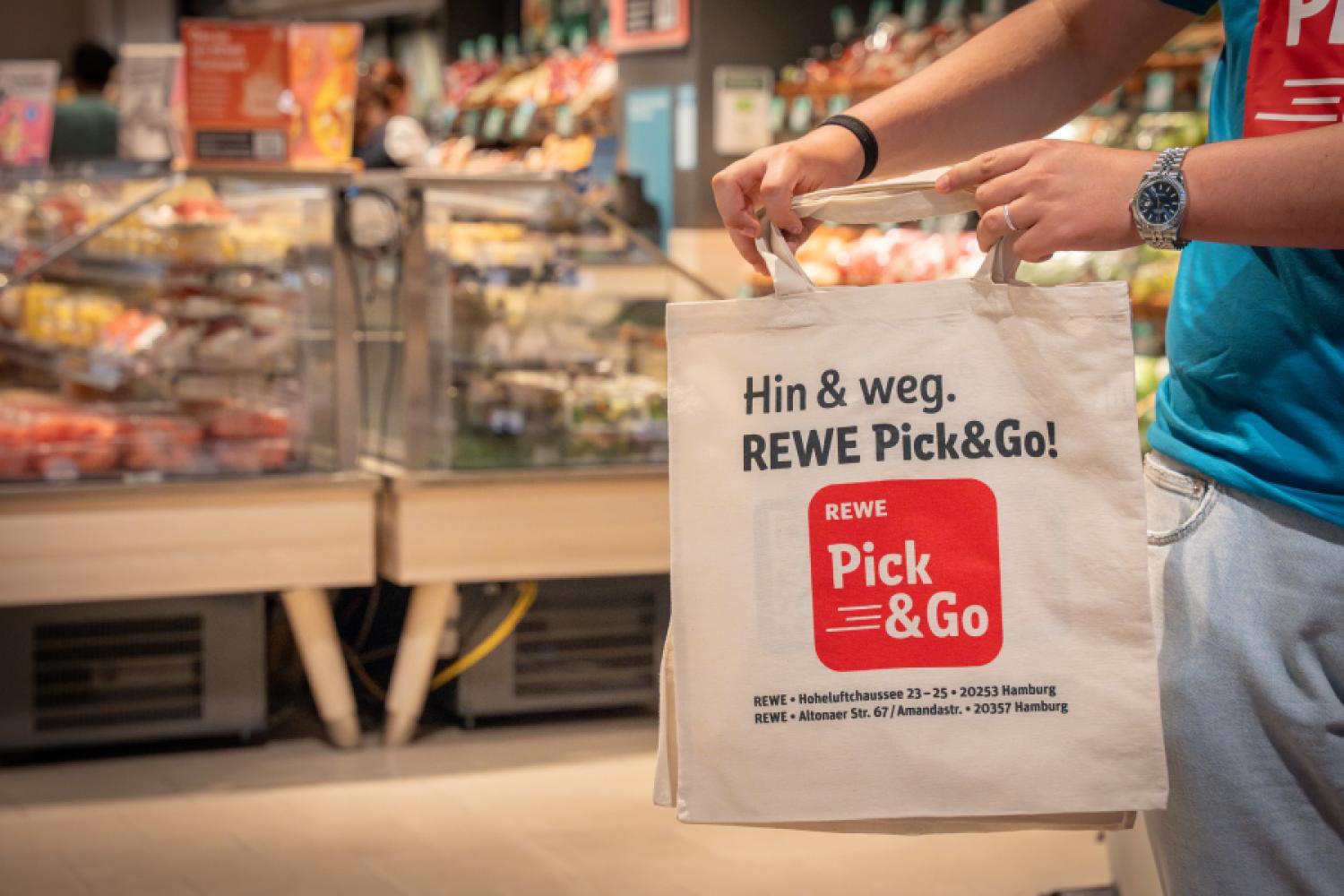Tire manufacturer Bridgestone is planning a pilot facility in Japan to research the recycling of used tires through "precise pyrolysis." According to a press release, the demonstration operation, which is set to start in 2027, aims to develop a process for the targeted extraction of tire oil and recycled carbon black (rCB). The investment is intended to accelerate chemical recycling on a larger scale in the future. A processing capacity of around 7,500 used tires per year is planned.
Part of a Sustainable Business Plan
The commitment is part of the company's initiative "Sowing New Seeds" under the Mid Term Business Plan for sustainable corporate development for the years 2024 to 2026. Other areas of action included involve airless tires, autonomous driving systems, renewable energy, and robotics applications. The company, headquartered in Tokyo, which ranks second among the world's largest tire manufacturers behind Michelin, has reportedly been working on chemical recycling processes for used tires since 2022 to promote a holistic circular economy.
In 2023, a test facility was already opened at the Bridgestone Innovation Park (BIP) in Kodaira City near Tokyo for the extraction of tire oil and recycled carbon black. The former can be further used for chemical products like butadiene, a raw material for the production of synthetic rubber (butadiene rubber). The elastic and resilient material is used among other things for shoe soles or conveyor belts. Bridgestone intends to use the extracted oil and recycled carbon black as raw materials for new tires.
Ensuring High-Quality Production
The new pilot facility, to be built about 300 kilometers west of Tokyo near Nagoya, is intended to build on the experiences gained from the BIP test unit with pyrolysis technology to explore opportunities for industrial-scale production: “Bridgestone intends to further develop the technology for industrial scaling to ensure continuous, stable, and high-quality production of tire oil and recycled carbon black," it says. In this context, the entire chemical recycling process is to be comprehensively researched and personnel trained accordingly in handling the technology.
Several Funding Projects
Bridgestone is constructing the pilot facility as part of one of the research and development projects funded by the Japanese New Energy and Industrial Technology Development Organization (Nedo) under the "Green Innovation Fund Project," which specifically deals with the development of chemical production processes for the manufacturing of tire raw materials from used tires. The initiative is also part of another project with the same goal that Bridgestone launched in 2022 together with the Japanese petroleum company Eneos (Nippon Oil) Corporation with the aim of "realizing a more sustainable society." In the spirit of a circular economy, used tires are to be utilized for the production of new tires.
The reason for the commitment, according to reports, lies in the expectation of even higher tire demand in the future due to rising vehicle demand and high transport volumes. So far, used tires in Japan have mostly been used for thermal recycling as fuel, which results in high CO2 emissions, reports the tire specialist. With the projects, the company founded in 1930, which employs over 125,000 people worldwide and operates around 130 factories and research facilities, aims to contribute to more sustainable handling of the material. A recycling business is to be developed that continuously recovers raw materials for tire production from used tires.
Eco Carbon
The recycled carbon black from the pilot facility will then be used to develop Eco Carbon Black (eCB), which is expected to have similar reinforcing properties as carbon black derived from petroleum. Additionally, with the company Tokai Carbon, another participant also funded by Nedo is involved with its own program in the research project on carbon recovery from polymer products like used tires.
Another action plan from Bridgestone is called the "Evertire Initiative," which, in cooperation with various partners, deals with the continuous recycling of used tires or the recycling of tires into rubber and other raw materials and aims to implement a corresponding system by 2050.
The construction time for the newly planned facility with a processing capacity of about 7,500 tons of used tires per year is specified as November 2025 to September 2027.
Sustainable Solutions for Used Tires
Large quantities of used tires end up in landfills annually. Only recently has awareness of the environmental harm of rubber material grown and increasingly more Betriebe der Reifenbranche legen Wert auf eine fachgerechte Entsorgung. The conglomerate of steel, carbon black, rubber, textiles, oils, and several additives is increasingly examined for reuse. However, it is very labor-intensive to re-extract the individual substances from the rubber mixture. The next path for environmentally friendly reuse initially involves utilizing the old material for other purposes, such as surfaces for sports fields or for vehicles with lower safety requirements.
Alternatively, attempts are being made to introduce more resource-efficient methods already during production through the use of recycled materials, as Continental demonstrates. However, such processes come with other disadvantages, such as a lack of suitability for retreading. The disassembly of the complex rubber compound into its components through recycling is quite laborious, and only in recent years have serious attempts been made in this direction. For example, relevant activities by the French tire manufacturer Michelin were announced in 2024. Here too, it is a matter of the pyrolysis method, where individual substances are to be extracted using high heat.






